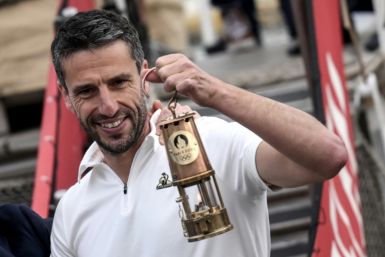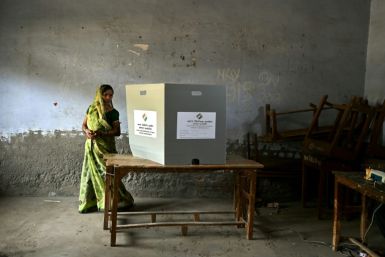Parents Say Sex Ed in NZ Gone Too Far
New Zealand parents are worried that their young teens are learning too much about sex, as in how to put on condoms at school, the New Zealand Herald reports.
A concerned father, who did not want to broadcast his name, phoned radio station Newstalk ZB to say he had taken his 12-year-old son out of a sex education class that his son had found upsetting.
One of the lessons included a question-and-answer session which raised the question, "I have learned that my girlfriend has a thing called a clitoris. I really want to play with it. Is that okay?" The answer in the class was: "Yes, if you ask her and she's okay with it." The boy goes to an all-boy school.
Secondary Principals' Association president Patrick Walsh said sex education was taught as early as intermediate school nowadays and was different from what many parents would have learned.
The focus was no longer on reproductive health but on sexually transmitted diseases, sexual practices and keeping safe.
"It's becoming a bit more graphic and a bit more hands-on, I guess," Walsh said.
Walsh confirmed that the things the father of the 12-year-old boy described were quite common.
In other cases, 12-year-olds are being taught about oral sex and using condoms. In another instance, a female teacher was reported to have imitated the noises she made during orgasm to her class of 15-year-olds.
One parent who phoned the radio program said her 14-year-old daughter came home on Tuesday saying "she had been applying yucky and sticky condoms to a plastic black penis".
There are other parents who phoned the radio station to express their insights on their children's school sex ed class: It had gone too far.
Walsh said deciding what to discuss in sex ed classes and how far to go was difficult, but the teachers reportedly agree that "they have to go in hard, they have to be graphic and be upfront to get the messages across".
Meanwhile, Family Planning's health promotion director, Frances Bird, said New Zealand had one of the highest teenage pregnancy rates and children as young as 12 were sexually active. She noted a quality-driven sex ed curriculum could help solve the teenage pregnancy issue.
"It delays the first time people have sex, it reduces the number of partners they will have, it reduces the frequency of intercourse ... and it also increases condom and contraception use, so programmes are particularly effective if they begin before young people have sex," Bird reasoned.
The Ministry of Education's acting curriculum, teaching and learning group manager, Margaret McLeod, said that schools are free to decide on the kind of sex education they taught. However, a discussion with the community is expected before lessons are implemented in the classroom.






